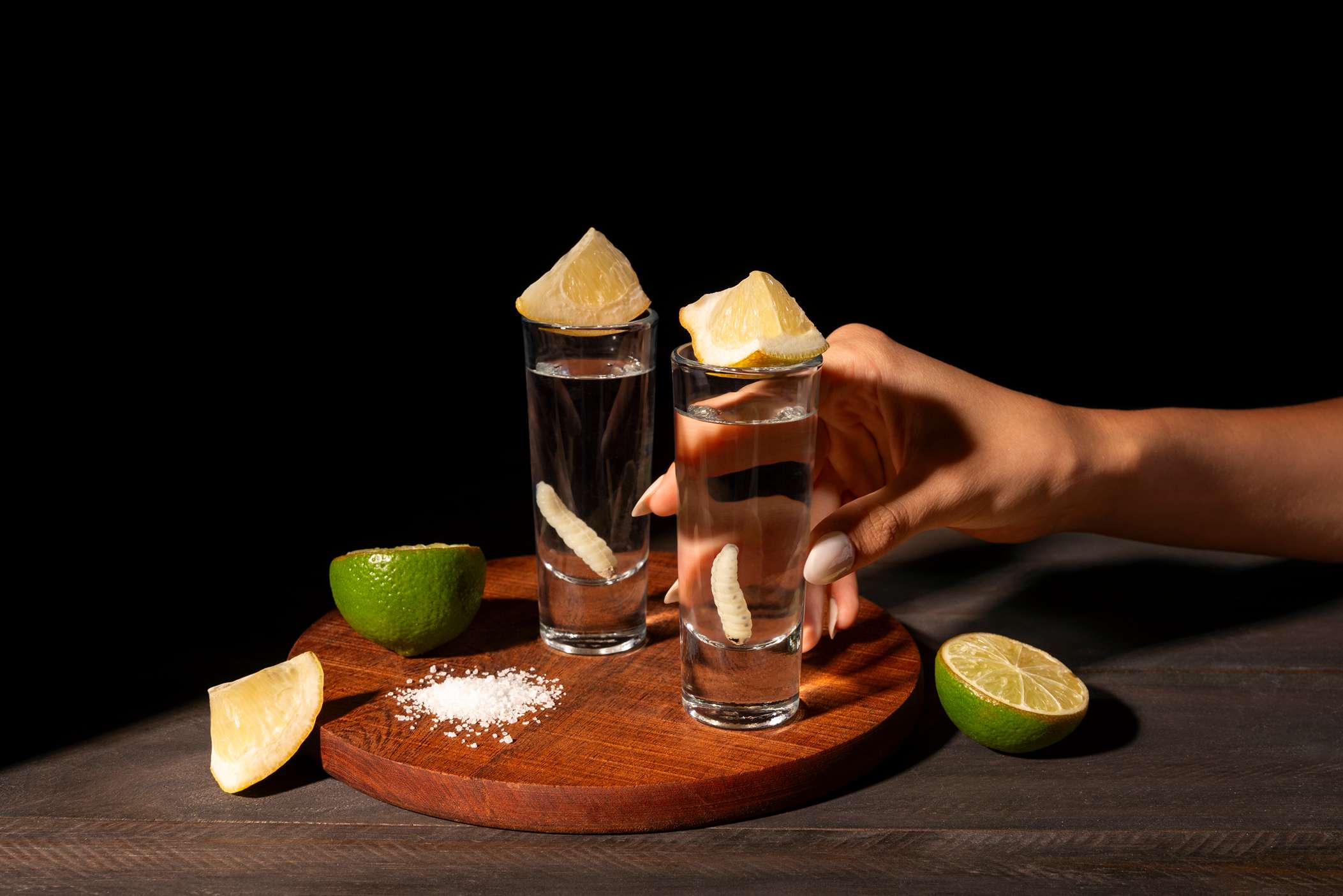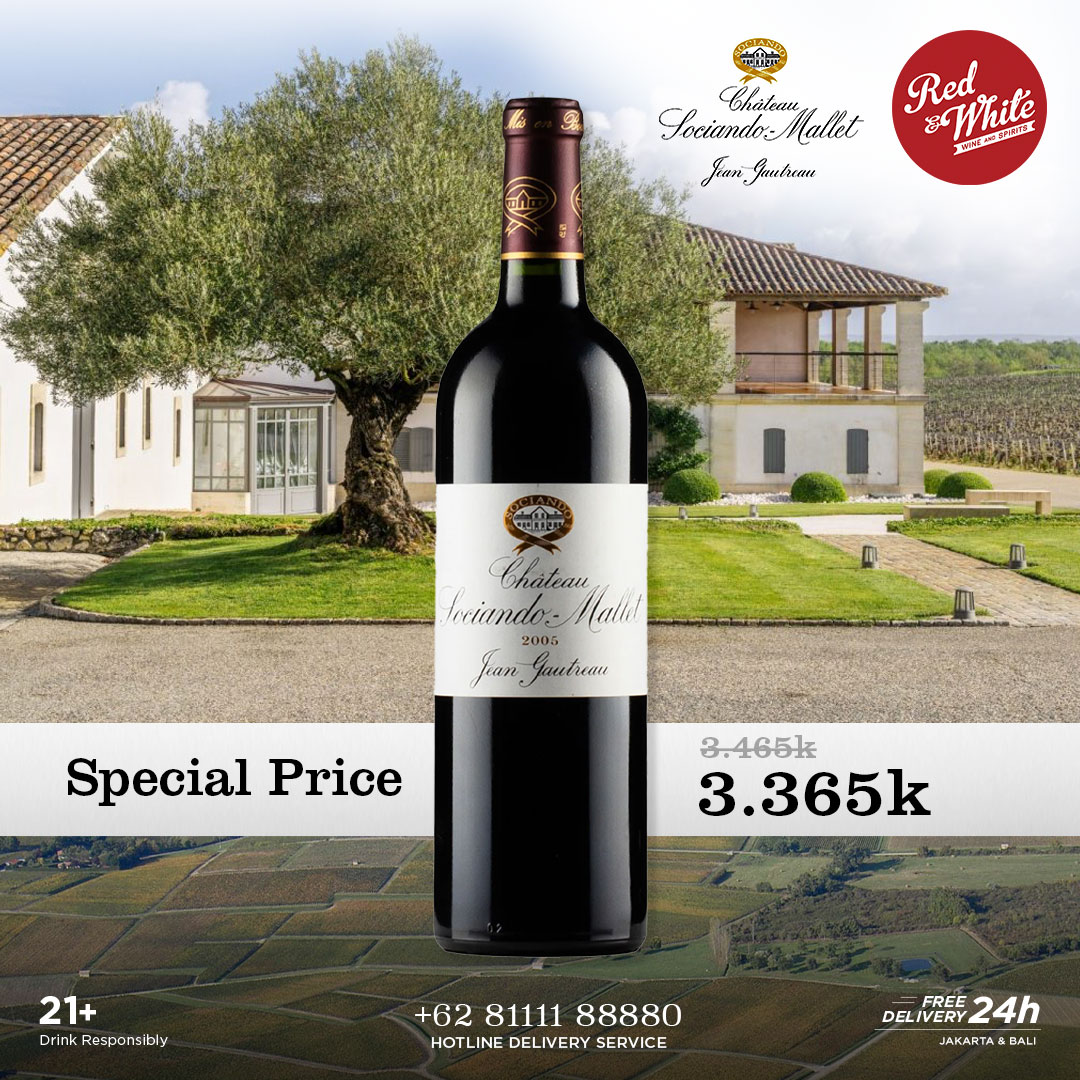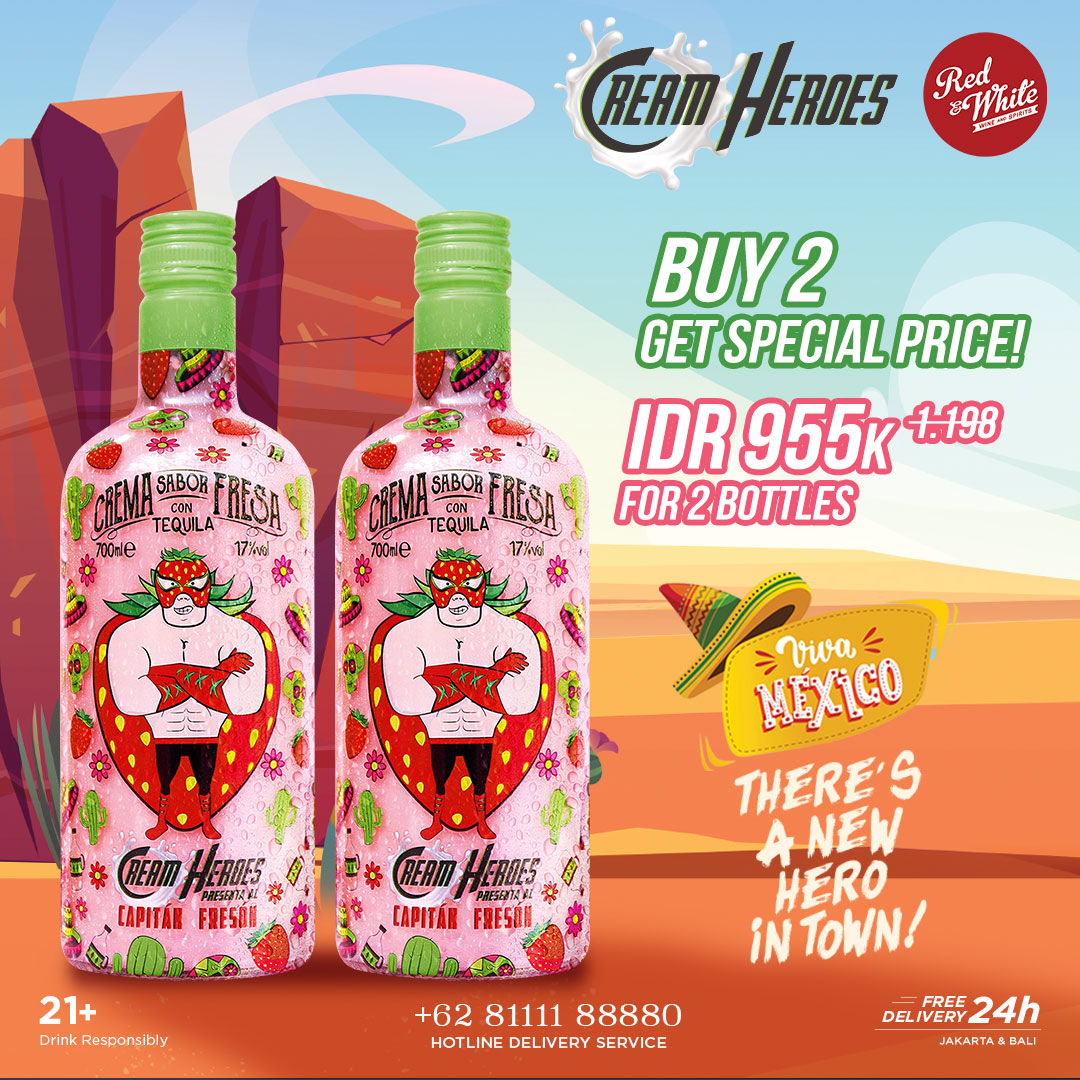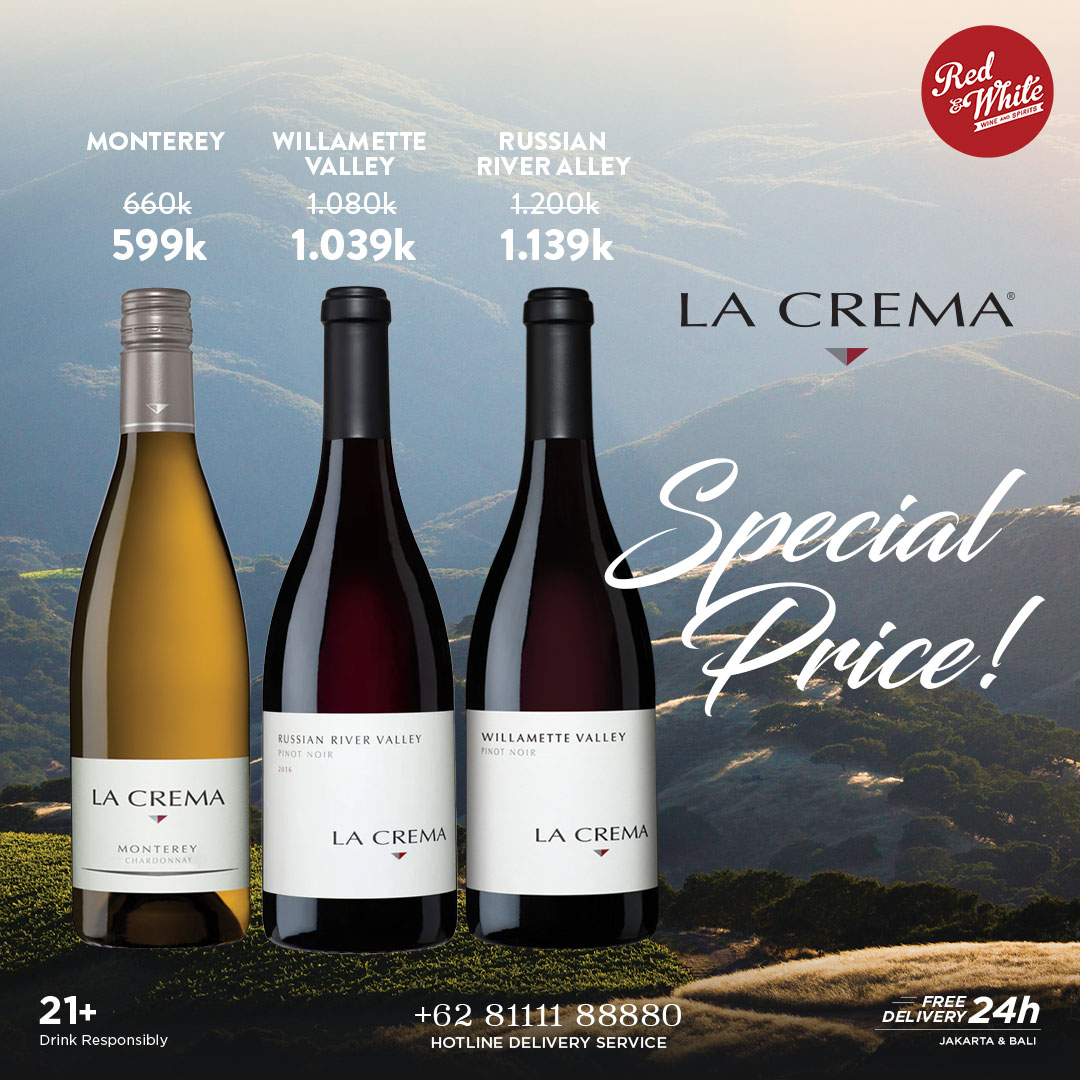
Mezcal vs. Tequila: An In-Depth Comparison
Mezcal and tequila are at the forefront of Mexican spirits. While originating from the same country, these two actually have distinct differences that make each of them unique. Today we’re exploring the key differences between these two Mexican drinks, giving you a deeper understanding of these popular beverages.
Agave varieties used in each drink
Both tequila and mezcal are made by distilling the agave plant. However, the type of agave used is the key differentiator between the two drinks.
Tequila is made solely from the blue Weber agave, also known as Agave tequilana. This particular plant is blue in colour.
In contrast, mezcal can be made from over 30 different types of agave, giving it a wider range of flavours and profiles. This diversity is a key point in the mezcal vs. tequila discussion.
Origins and regions
Another difference between tequila and mezcal is their region of origin. Tequila is produced exclusively in the state of Jalisco in Mexico. Other tolerances include production in parts of Guanajuato, Michoacán, Nayarit, and Tamaulipas. Outside of these regions, it cannot be called tequila.
On the other hand, mezcal can be made in various regions, with Oaxaca being the most famous one.
Production methods
Tequila and mezcal also differ in production methods. To make tequila, the blue Weber agave is steamed in industrial ovens before going through double distillation in copper pots.
Unlike tequila, mezcal is produced in a more traditional and artisanal way. The chosen agave is usually roasted in earthen pits lined with lava rocks, wood, and charcoal. This gives the drink a smoky flavour that is more present in mezcal than it is in tequila.
Flavour profile
Flavour is where the mezcal vs. tequila debate often gets heated. Tequila generally has a cleaner, more straightforward flavour profile, with notes of citrus, fruit, and vanilla. It is also commonly used for tequila cocktail recipes.
When it comes to mezcal, its diverse agave varieties and traditional production methods give the drink a more complex and smoky flavour. The taste of mezcal can vary widely, making the mezcal vs. tequila choice a matter of personal preference.
Regulation and classification
Both mezcal and tequila have regulatory bodies that oversee their production, but the standards differ. Tequila is governed by the Consejo Regulador del Tequila (CRT), whose role is to ensure that every bottle of tequila meets the specific required criteria, namely:
- Must be made from at least 51% blue Weber agave
- Must be produced in the aforementioned designated regions
- Must follow strict standards for fermentation, distillation, and ageing.
Meanwhile, mezcal is regulated by the Consejo Regulador del Mezcal (CRM), which has slightly different guidelines. This body oversees a more diverse range of agave species and production methods, so traditional artisanal techniques are allowed.
Cultural significance
Culture also plays a significant role in the mezcal vs. tequila comparison. Out of the two drinks, drinking tequila has long been associated with celebrations. It’s also usually the go-to staple in cocktails that do call for agave-based liquor. However, mezcal is now gaining popularity in the cocktail culture because of its versatility.
Because there are actually key differences between these two Mexican liquors, the mezcal vs. tequila debate boils down to personal preference. Both spirits offer unique experiences that are integral to Mexican culture. You just need to know what flavours work better for you!
Now that you know what sets the two drinks apart, it’s time to find out which one you prefer. Check out tequila and mezcal from a Red & White store near you.




